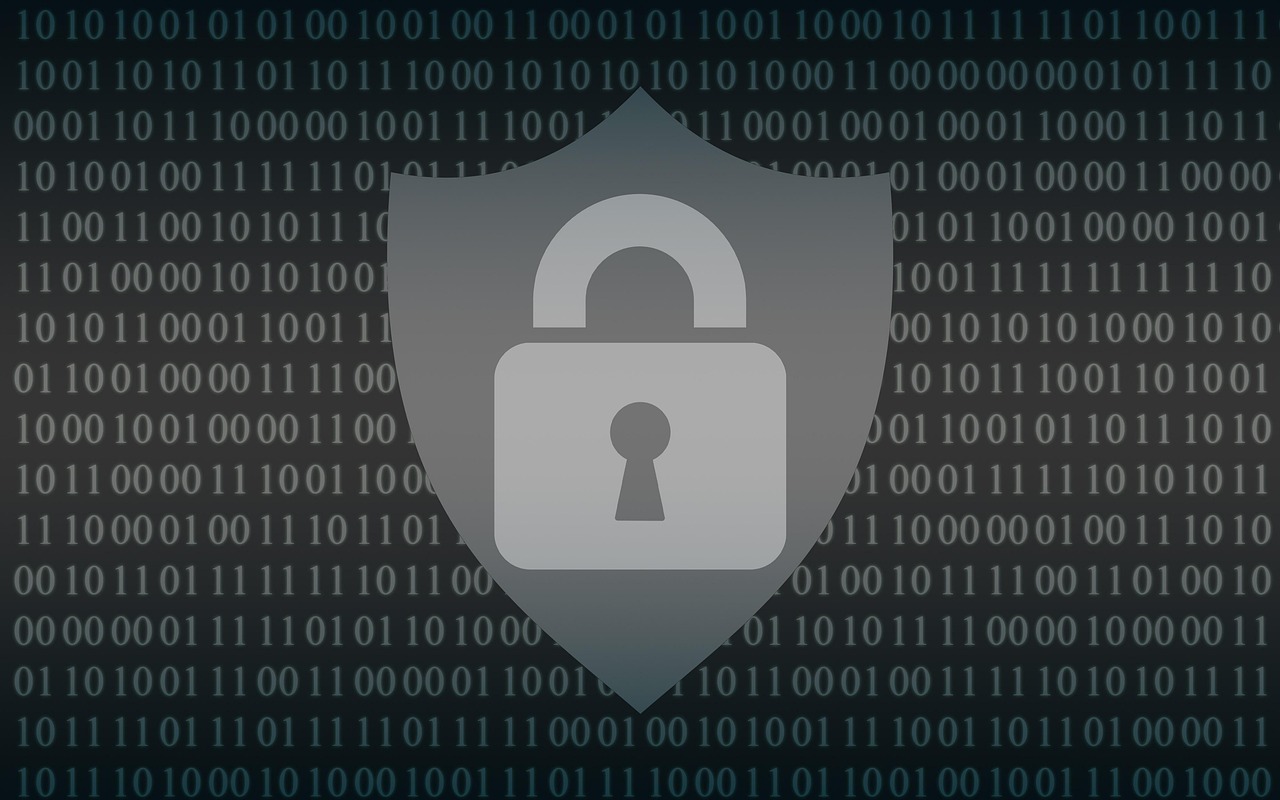The British government unveiled a landmark cybersecurity strategy on Tuesday, banning all public sector bodies and critical national infrastructure operators (including the NHS, local councils, and schools) from paying ransom demands to cybercriminals.
This aggressive move targets the ransomware business model that has cost the UK economy millions annually, from the devastating 2017 WannaCry attack that paralyzed the National Health Service to the 2023 British Library hack that disrupted services for weeks. Security Minister Dan Jarvis declared: “We’re smashing the criminal ecosystem and protecting vital services.”
How Ransomware Attacks Turned Deadly
The policy follows shocking revelations that a recent NHS cyberattack contributed to a patient’s death, exposing the lethal consequences of digital extortion. Retail giants like Marks & Spencer and Co-op Group have also faced disruptive breaches this year, eroding public trust.

Under the new measures, all public sector entities face absolute payment bans, private firms must notify authorities before any ransom negotiations and mandatory reporting will arm law enforcement with hacker intelligence.
Ransomware (malware that encrypts data or steals sensitive information) has become a national security threat, with gangs often operating from sanctioned states. The UK’s two-pronged approach combines a ransomware payment prevention regime to block funds to criminals and an incident reporting framework to track attack patterns
Why It Matters: Will the UK’s Hardline Stance Set a New Standard?
As the first major economy to criminalize compliance with hackers, Britain’s policy could inspire EU and US counterparts. Yet critics warn bans may force operations underground without alternatives for data recovery. With 80% of UK hospitals still running outdated software, the government faces a race to fortify defenses before the next WannaCry-scale catastrophe.

















